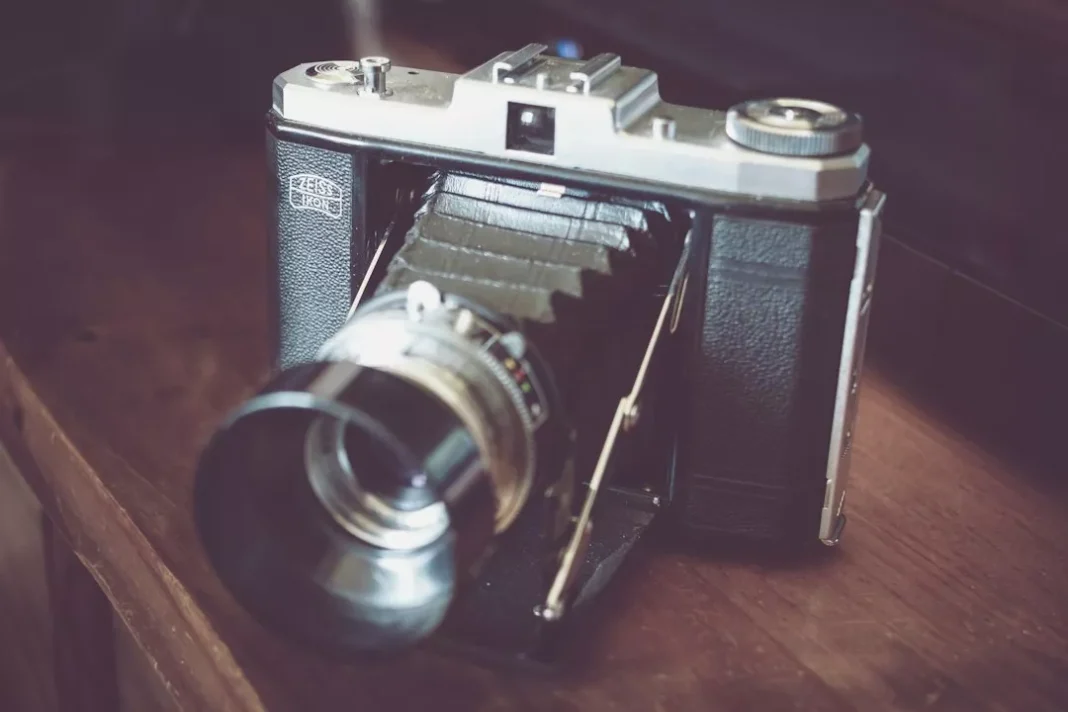The fight against the Mafia has been a long and ongoing battle in Italy, but one man has taken a unique approach to tackling this issue. claudio La camera, an anthropologist and director of theater, has created the Museo della ‘ndrangheta (Museum of ‘ndrangheta), a cultural center aimed at promoting anti-mafia culture.
La camera‘s interest in the Mafia began in the 1980s, when he moved to Reggio Calabria, the heartland of the ‘ndrangheta, one of the most powerful Mafia organizations in the world. He was intrigued by the close-knit society and the insidious presence of the Mafia in all aspects of daily life. This led him to conduct extensive research on the history and culture of the ‘ndrangheta, eventually culminating in the creation of the Museo della ‘ndrangheta.
The museum, located in the small town of Melito di Porto Salvo, is dedicated to exposing the true nature of the ‘ndrangheta and educating the public about its destructive impact on society. La camera‘s goal is to show the Mafia not as a romanticized crime syndicate, but as a parasitic organization that exploits and destroys communities.
The museum is housed in a former ‘ndrangheta stronghold, confiscated by the state in the 1990s. Inside, visitors can explore the history and structure of the Mafia, as well as view confiscated weapons, wiretapping equipment, and other artifacts used by the ‘ndrangheta. The museum also features interactive exhibits, such as a simulation of a mafia initiation ceremony, to give visitors a deeper understanding of how the organization operates.
One of the most impactful features of the museum is its collection of ‘ndrangheta‘s fake invoices (fatture false), used to launder money. La camera‘s research revealed that the Mafia’s presence is not only pervasive in the physical world, but also in the digital world, where they use false invoices to hide their illegal activities. By displaying these invoices, the museum exposes the ‘ndrangheta‘s sophisticated money laundering schemes, further highlighting the need for anti-mafia culture.
Aside from the museum, La camera also organizes educational and cultural events to raise awareness about the Mafia and promote anti-mafia culture. These events include theater performances, book readings, and workshops on topics such as ethical consumerism and responsible tourism. Through these initiatives, La camera hopes to challenge the ‘ndrangheta‘s grip on the territory and encourage citizens to take a stand against the Mafia.
The impact of the Museo della ‘ndrangheta can already be seen in the community. Apart from attracting tourists and educating the public, the museum has also become a symbol of anti-mafia culture. Its presence has sparked valuable conversations and discussions, and has even inspired other Italian cities to create their own anti-mafia museums.
But perhaps the most remarkable aspect of La camera‘s work is his efforts to involve the local community in the fight against the Mafia. He has collaborated with schools, universities, and even prison inmates to create educational programs and raise awareness about the dangers of the Mafia. By engaging the community, La camera is sowing the seeds for a future free from the influence of the ‘ndrangheta.
In a country where the Mafia has long been glorified and romanticized, claudio La camera‘s approach is a refreshing and effective way to promote an anti-mafia culture. His dedication and passion for this cause are evident in the success of the Museo della ‘ndrangheta and its impact on the community. With his work, La camera is not only preserving history and promoting culture, but he is also paving the way for a better, mafia-free future.
29.3
C
New York
Monday, August 25, 2025
Latest news


